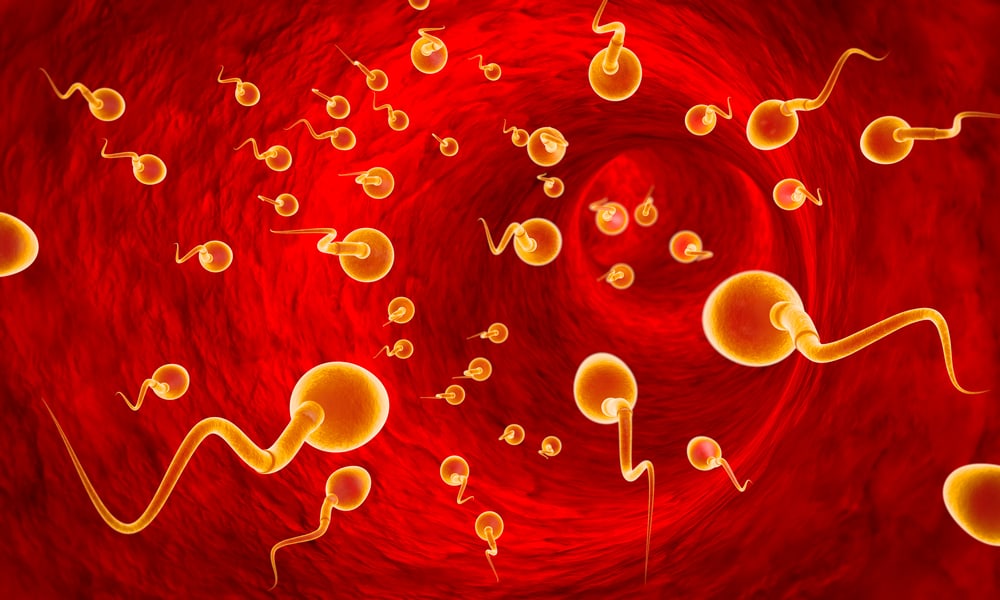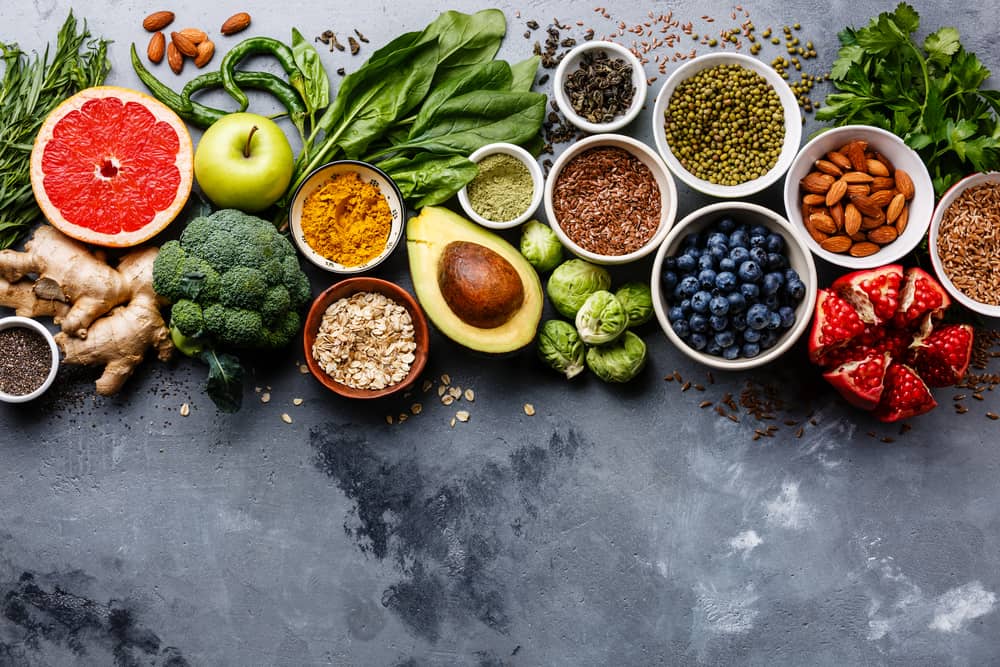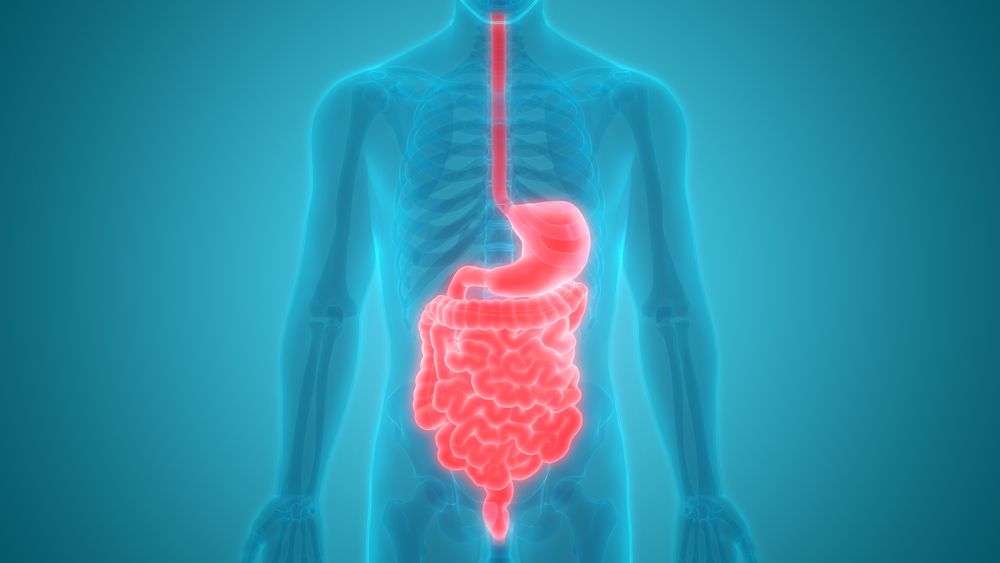Contents:
- Medical Video: Patterns of Alcohol Consumption Influence Heart Health
- How does drinking lots of alcohol harm the heart?
- How to drink enough to protect the heart?
- Are some types of alcohol better than others?
- Do we have to start drinking or keep drinking alcohol?
Medical Video: Patterns of Alcohol Consumption Influence Heart Health
If you ask your doctor about how to prevent heart disease, you will hear a lot of advice that sounds obvious. Saturated and trans fats: bad. Smoking: very bad. Sports: very good.
However, if you are looking for info about alcohol and heart, the answer varies. Depending on its use, alcohol can protect or destroy the heart. So, if you like alcohol, you might be able to limit your life for several years by learning the difference between healthy activities and life-threatening habits.
How does drinking lots of alcohol harm the heart?
For starters, large amounts of alcohol (more than two glasses a day) can increase blood pressure to an unhealthy level. If, for example, you drink the equivalent of six boxes of beer, a glass of whiskey, or 1 ½ bottles of wine every day for 10 years, the habit will damage part of the heart. The results are often in the form of cardiomyopathy, a condition in which the heart muscle weakens. In fact, after the arteries are blocked, alcohol is the second most common cause of cardiomyopathy.
A broken heart cannot pump efficiently, and is prone to blood clots and odd rhythms (arrhythmias), especially when drinking lots of alcohol. (Some doctors call this episode of arrhythmia a "heart off"). If you continue to drink, the impact is severe. About half of alcoholics who continue to drink after starting to experience cardiomyopathy die within 4 years.
The good news is that most damage can be repaired. If alcoholics with cardiomyopathy abstain from drinking, blood pressure decreases and the heart can grow stronger more quickly. The best thing is that more than 90% of alcoholics will still live the next 4 years.
Drinking lots of alcohol — usually described as drinking 3 or more glasses a day — over a long period of time has also been associated with hypertension, stroke, cardiac arrhythmias, and sudden death.
How to drink enough to protect the heart?
Drinking not excessive may be a powerful weapon against heart disease. More than 60 studies show that adequate alcohol consumption is associated with reduced risk of coronary artery disease. If you drink not too much, you are even 40% less likely to experience coronary heart disease than people who don't drink.
The meaning of drinking enough is a maximum of 2 cups per day for men and 1 glass per day for women. This different recommendation is due to the body of women who break alcohol more slowly than men.
Alcohol has several benefits for the heart. Alcohol primarily increases HDL levels ("good" cholesterol) in the blood. This compound helps prevent the buildup of LDL ("bad" cholesterol), an arterial blocking fat that provides the raw material for heart attacks. However, the American Heart Association (AHA) emphasizes that regular physical activity also increases HDL, so going to the gym rather than drinking is a better choice. Alcohol also dilutes the blood, reducing the risk of dangerous blood clots. A small amount of alcohol may lower blood pressure slightly, but it might not be enough to make a difference.
Are some types of alcohol better than others?
The proof is not clear, but several studies state that wine - especially red wine or red wine slightly better for the heart than other alcoholic drinks. Red wine contains antioxidant compounds, including those called resveratrol by reducing platelet buildup (which can increase the risk of thickening and blood clotting).
However, according to the adviser wine and heart disease from the AHA, there is no definite indication that red wine is more beneficial to the heart than white wine, beer, or other alcoholic drinks. The AHA also advised that if wine is indeed beneficial, the same benefit might also be obtained through non-alcoholic grape juice.
Do we have to start drinking or keep drinking alcohol?
Of course not. In fact, all organizations recommend not drinking alcohol at all to get the benefits that might exist. The AHA stressed that there is no scientific evidence that alcohol can replace a healthy diet or exercise related to heart health.
People who don't drink alcohol may be able to reduce the risk of heart attack by drinking beer, wine, or what is the spirit? Some may avoid alcohol for a reasonable reason: Some glasses of wine "for the heart" may be able to progress to alcoholism, with deadly consequences.
In addition, although consumed in moderation, alcohol can increase the risk of car accidents, certain cancers (including breast and colon cancer), and, if consumed by pregnant women, babies are born with abnormalities.
You also have to talk to your doctor if you are a man with a long-term history of consuming more than 2 cups a day or women who drink more than 1 cup. Even if you don't develop cardiomyopathy, you can endanger your own health. Protecting the heart is a good idea — but not at the expense of other body parts.












